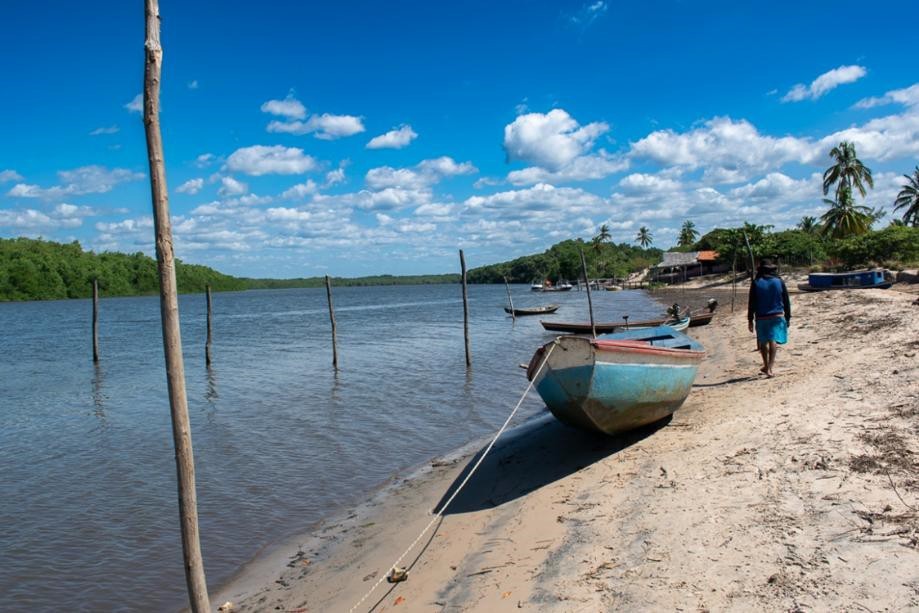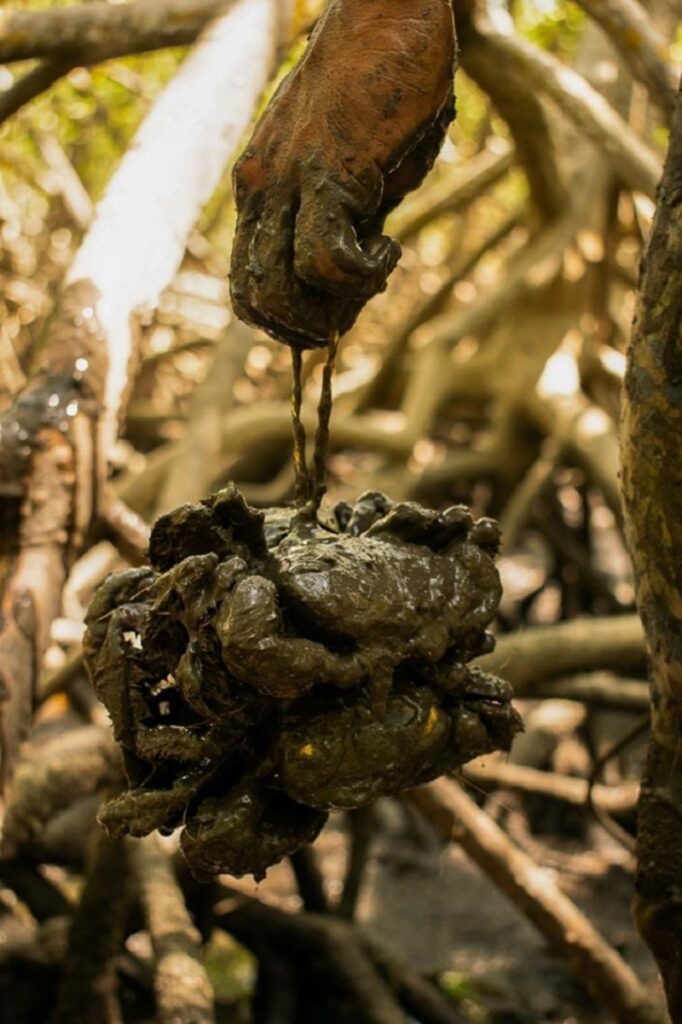Global Initiatives Grant Report – Publishing Indigenous and Black Brazilian Anthropologists in foreign languages: A Vibrant Project
The project aimed to launch two dossiers. The first dossier will focus on presenting and understanding what has come to be known as ‘Brazilian Black Anthropology,’ while the second is dedicated to the transformations that Indigenous Anthropologies have been promoting in Brazil and other national contexts. Finally, we have translations of classic articles, included in the Déjà Lu section.
The project aimed to contribute to overcoming the absence or unequal distribution of funding to cover the costs of translating texts into Portuguese. When available, such resources for translating the work of Brazilian anthropologists into foreign languages tend to favour certain research centres, making it difficult for researchers in peripheral regions of Brazil to access them. The aim of the project was to work towards better and more pluralistic dissemination of Brazilian anthropological work, which is diversifying, expanding and enriching itself with perspectives that are not centred on the work of predominantly ‘white’ authors. We believe that the project was implemented with relative success in terms of the number of authors who contributed to the proposals. The real impacts of this initiative can be properly measured and monitored when the articles are published (at the end of 2025), through the number of accesses, readings and citations that we will be able to monitor from the periodic surveys carried out by Vibrant Journal to measure its impact.
The Calls for Papers for both dossiers can be found at the links below:
https://vibrant.org.br/chamada-para-dossie-black-brazilian-anthropology/
https://vibrant.org.br/chamada-para-dossie-indigenous-brazilian-anthropology/
In both cases, the criteria established for authors invited to publish in the dossiers: “in order to mitigate the ethnic and racial inequalities that characterise the composition of the journal’s collective of authors, the editorial board of Vibrant directs this call to young doctoral students and/or recent doctoral graduates (up to 7 years after defending their thesis) who are Black or Indigenous to submit articles following the publication guidelines of this journal as explained in the Instructions to Authors and subject to Vibrant’s evaluation processes.”
The volumes are in the final stages of translation and editing and will be published in the 2025 edition of Vibrant journal. In terms of numbers, the results we achieved were 10 unpublished articles in the Black Anthropologists Dossier, one of which was a photo essay entitled ‘The condemned crab: dilemmas of converting crustaceans into merchandise’ by Lucas Coelho Pereira (photos below).
In the case of the Indigenous Brazilian Anthropology dossier, we received eight texts, six of which, after double-blind peer review, were approved for publication. These will be joined by two texts already published in Portuguese in the Déjà lu section. We plan to publish the dossier in the first quarter of 2026.
Once the editing process is complete, the results of the project will be permanent, as the products derived from it will be available free of charge and permanently to the entire global anthropological community – on the Vibrant website and on the journal’s Scielo platform. Furthermore, as it is a journal linked to the Brazilian Association of Anthropology, we believe it has the potential to impact current and future boards. The proposal we made to the ABA is that the award-winning works of black and indigenous anthropologists within the scope of the Brazilian Anthropology Meetings can be honoured with translation and thus continue the sections inaugurated by the proposed dossiers.
After completing our project, we assessed that the difficulties encountered, essentially in finding young black anthropologists and, above all, indigenous anthropologists who felt capable of publishing in a leading journal such as Vibrant, reflect the still incipient inclusion and permanence of such audiences in the academic scene at postgraduate level in Brazil. For this reason, we strongly believe that this is an innovative initiative not only within the Brazilian context, but beyond it, and could even be easily adopted by other journals in a wide range of fields. It also enables the creation of networks between national and international journals to facilitate the circulation of authors from the peripheries of the world, in order to pluralise the internal perspectives of our discipline, such as Transforming Anthropology.

